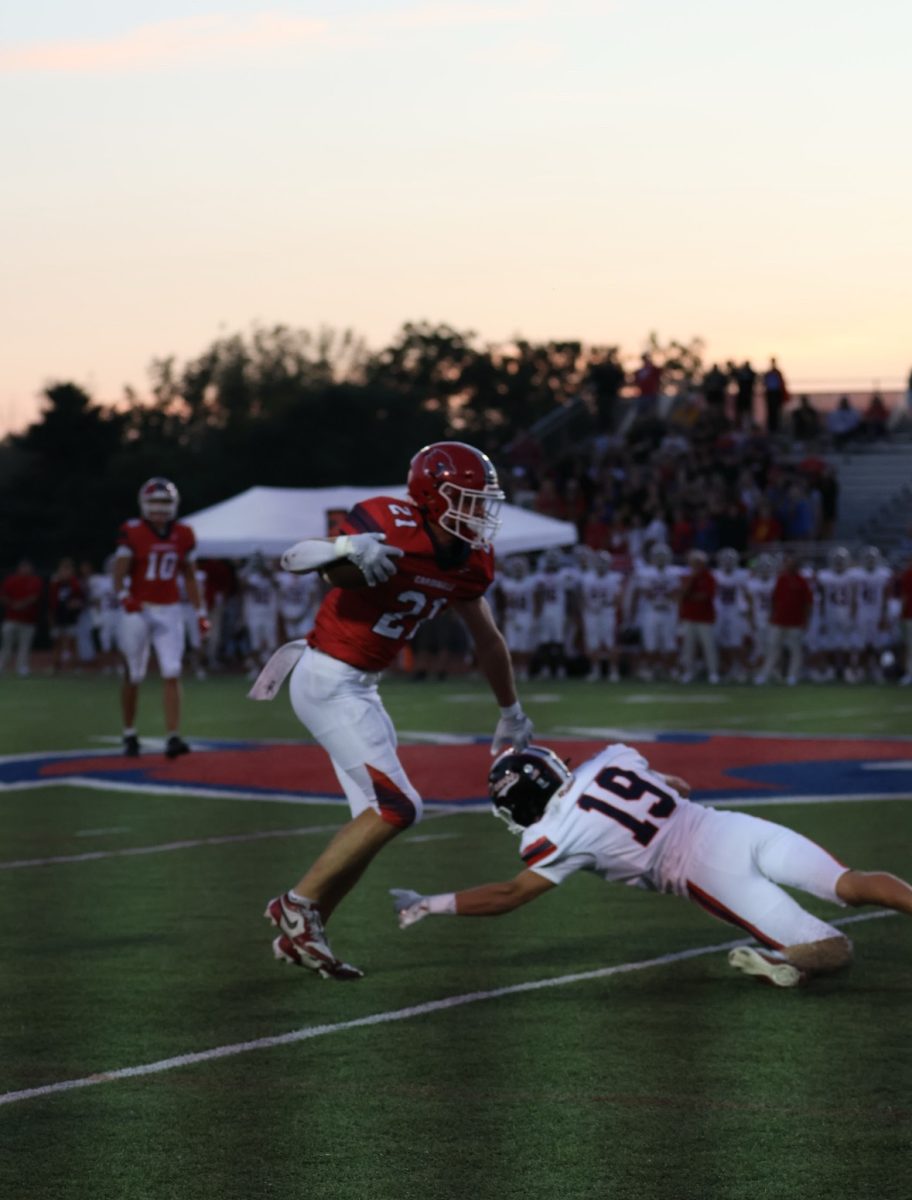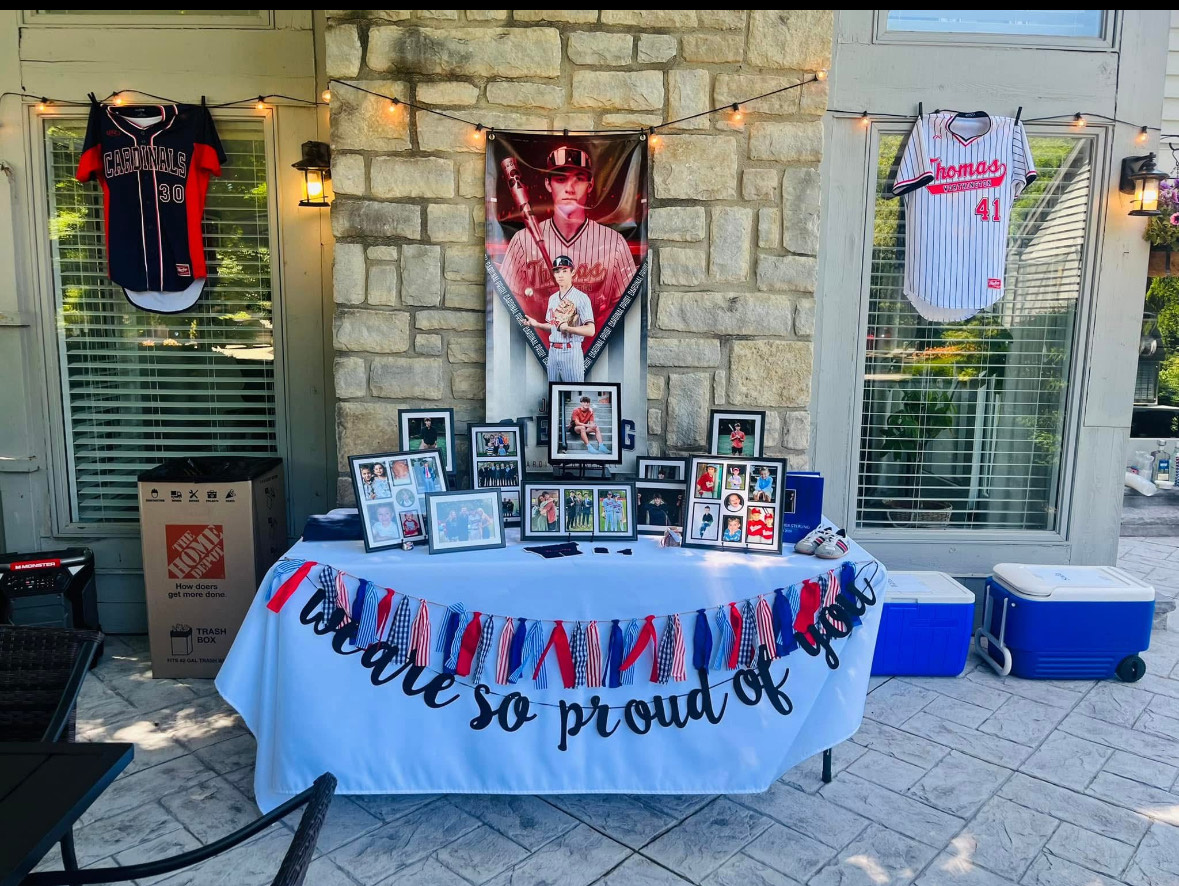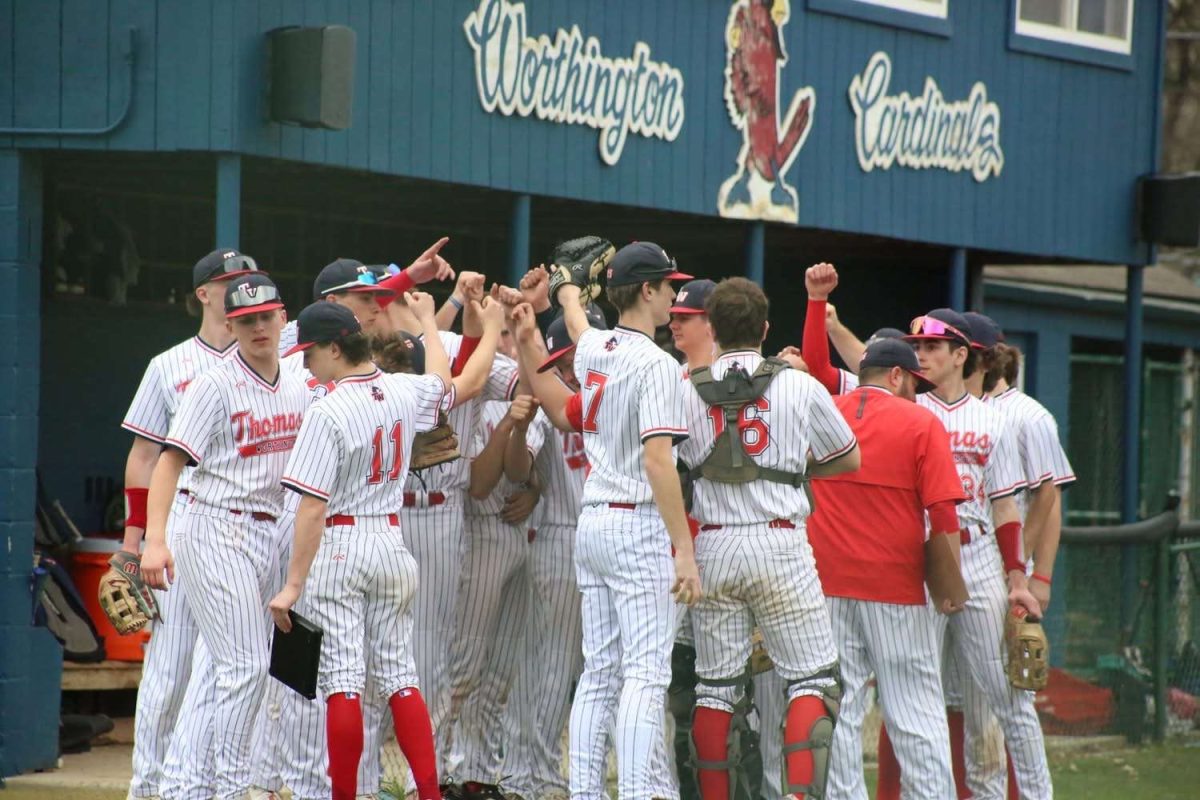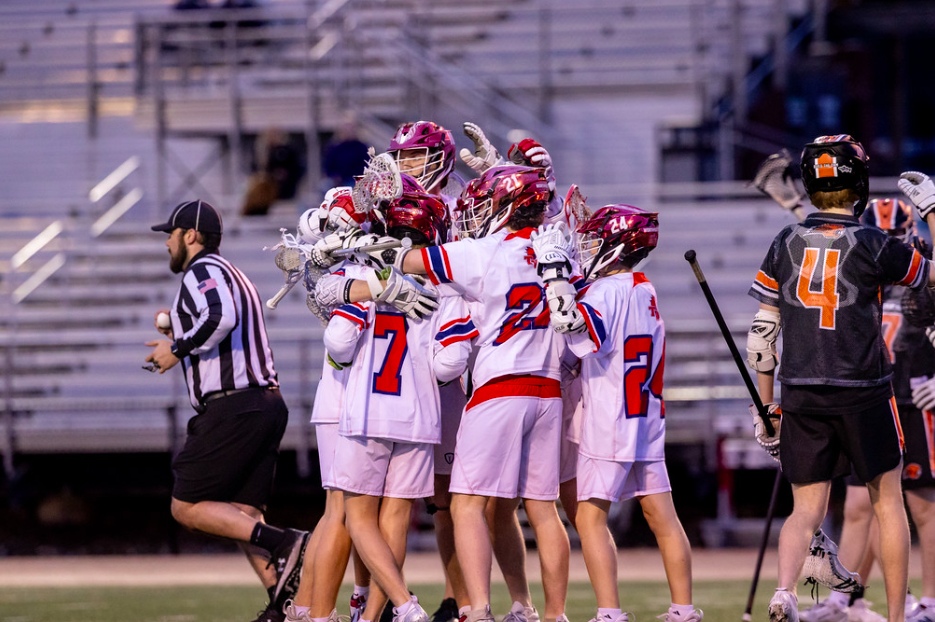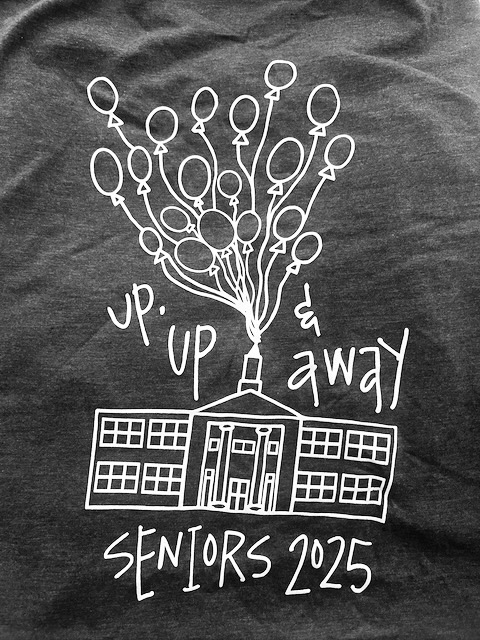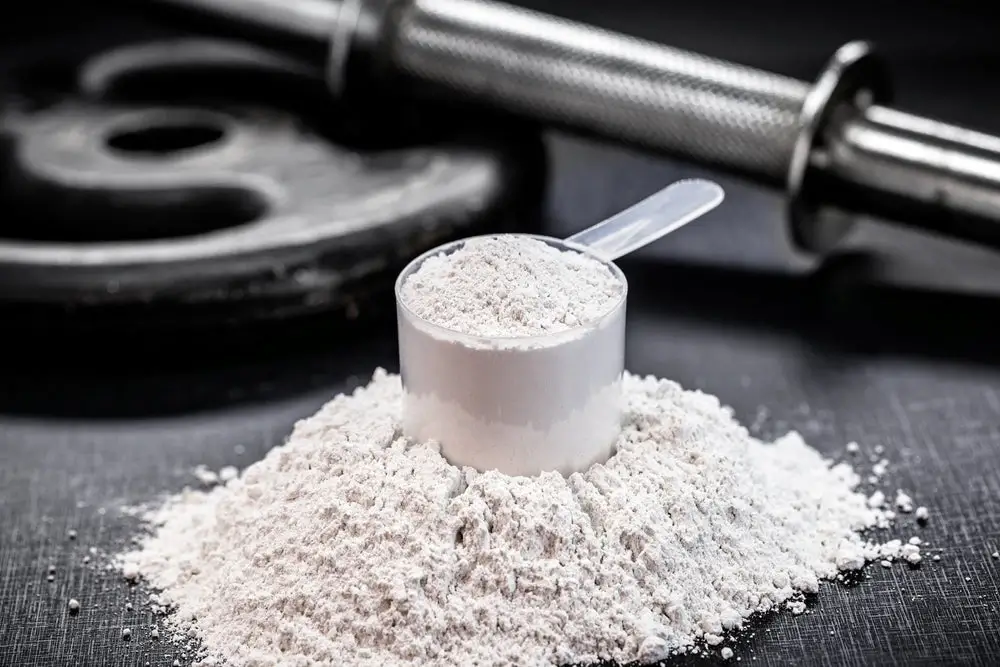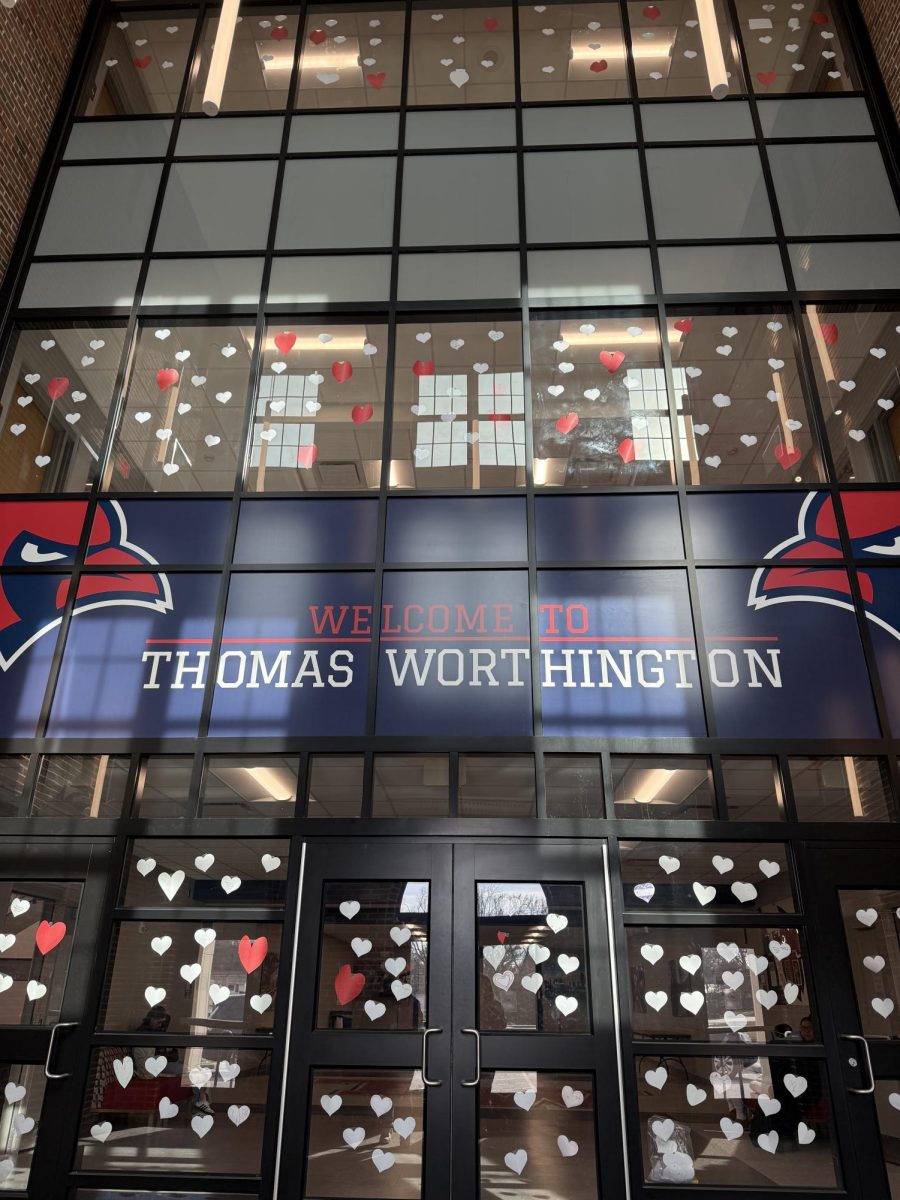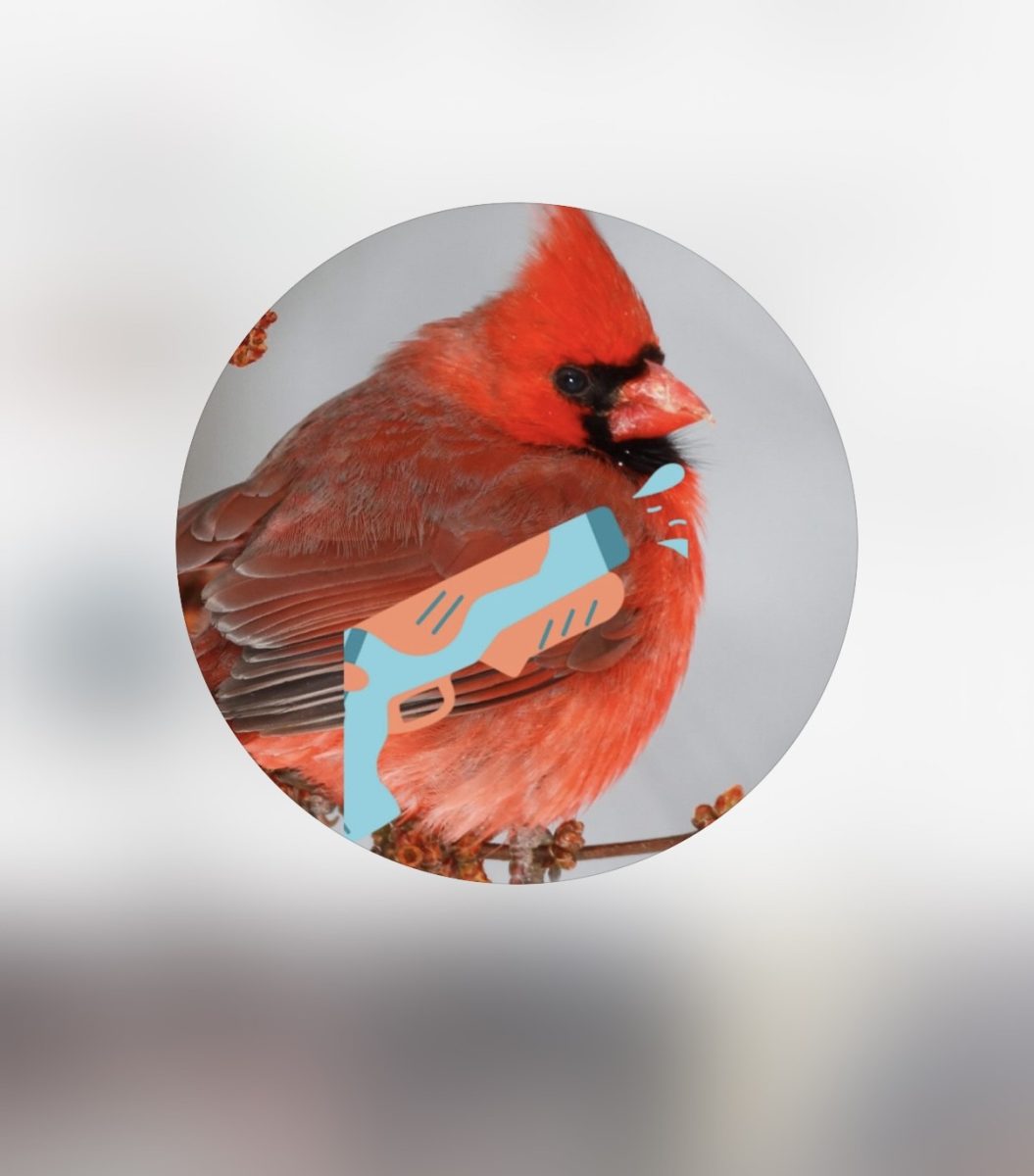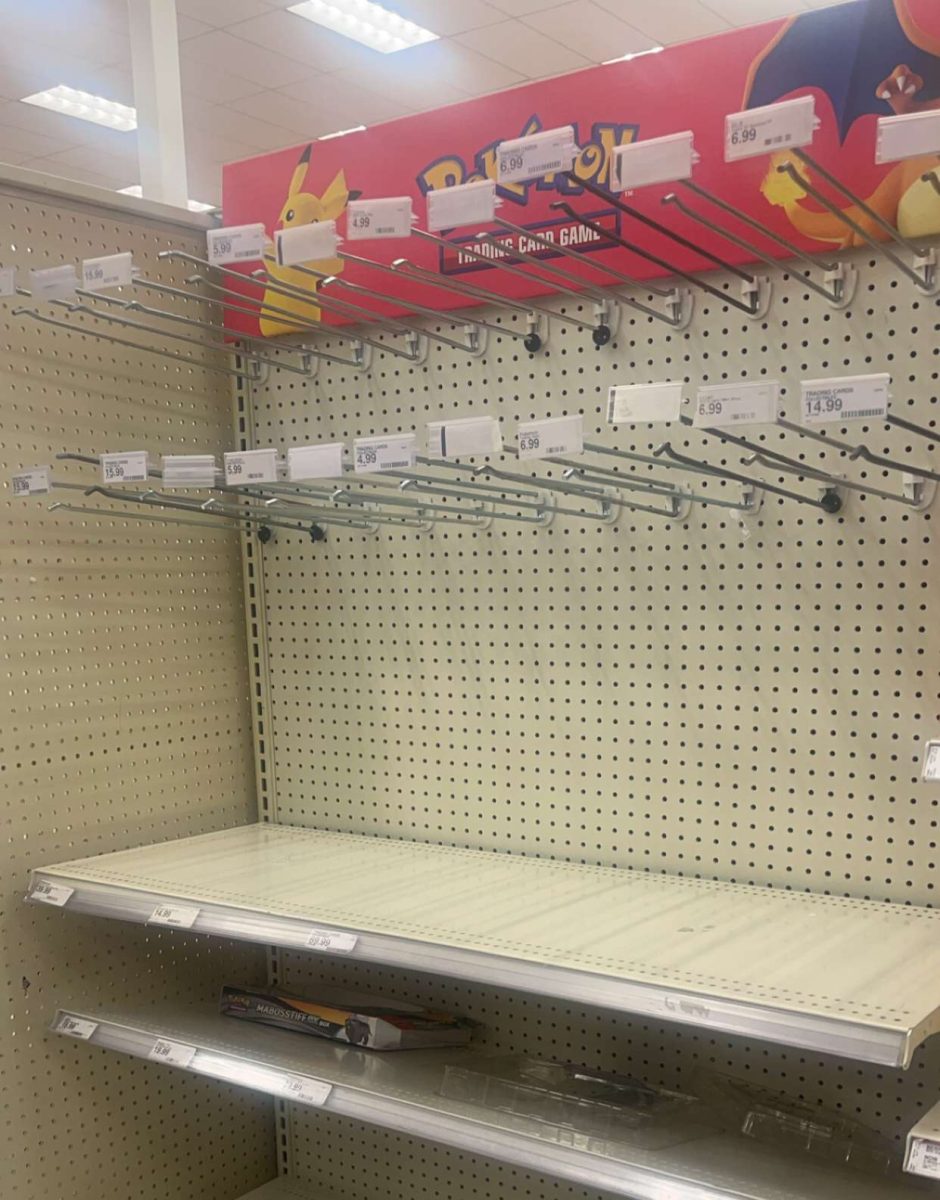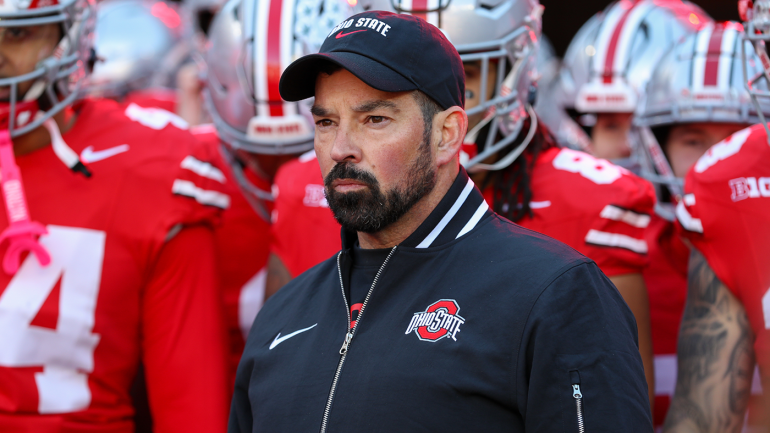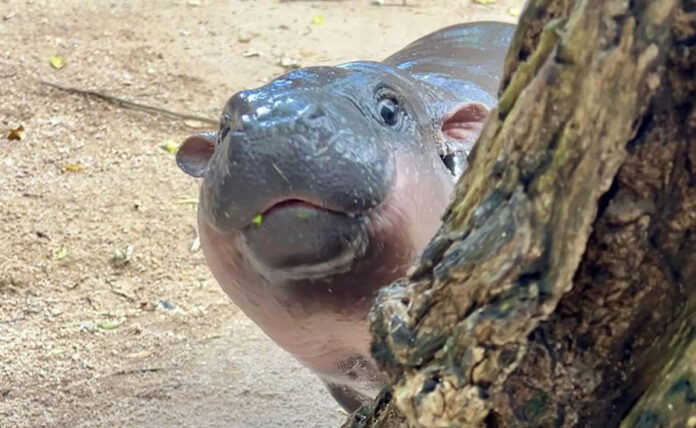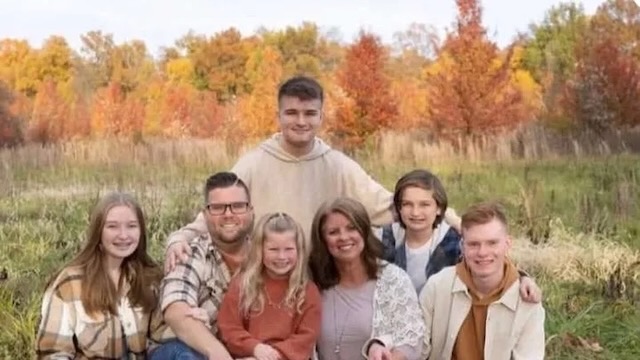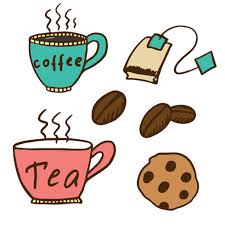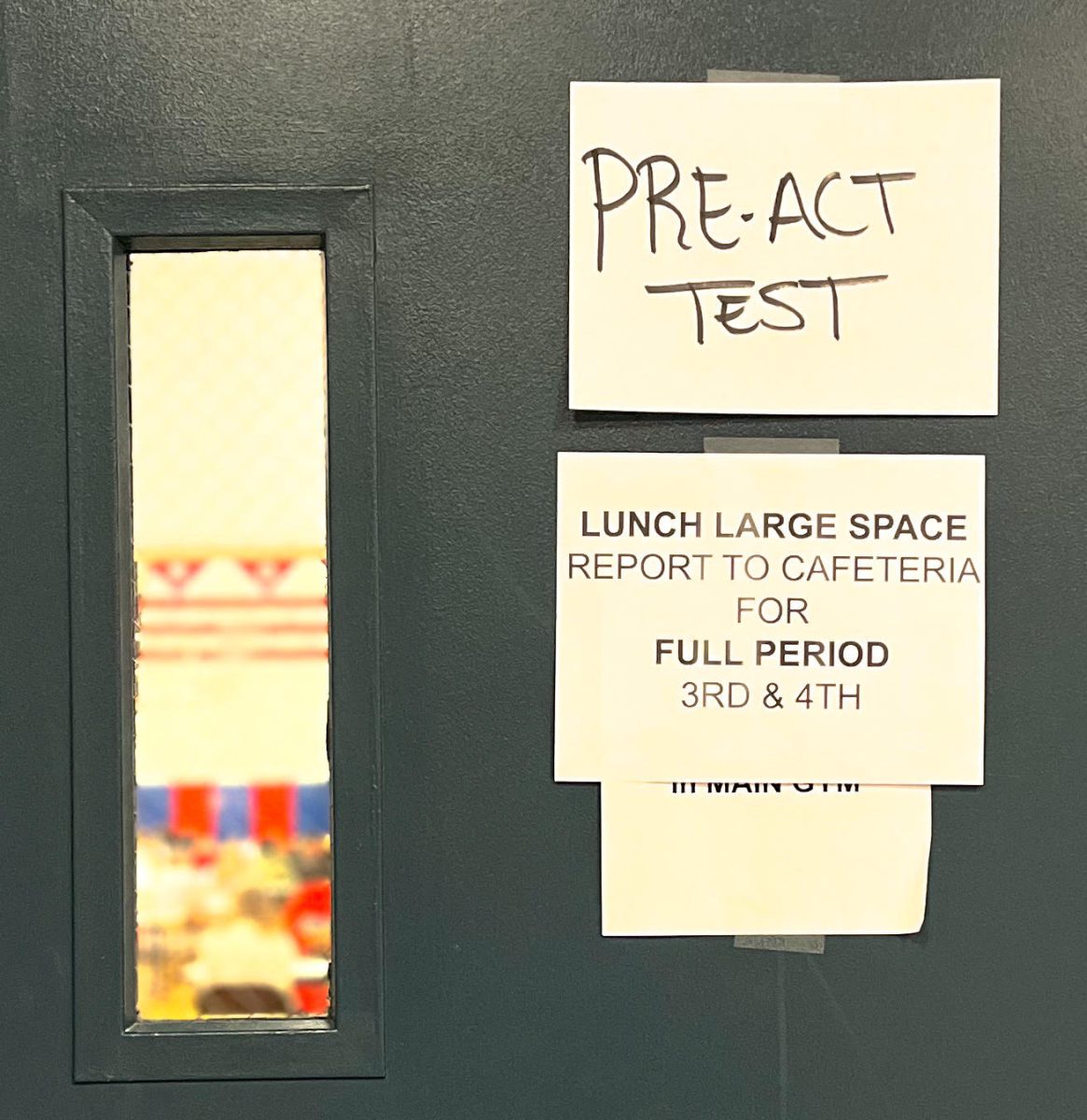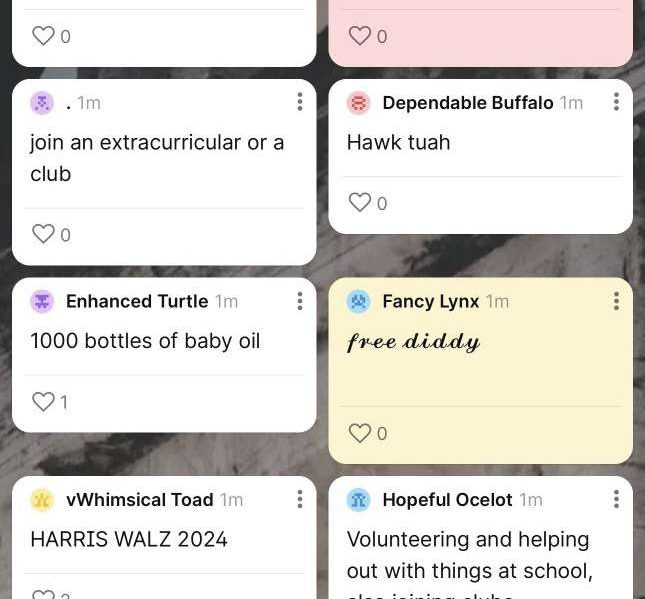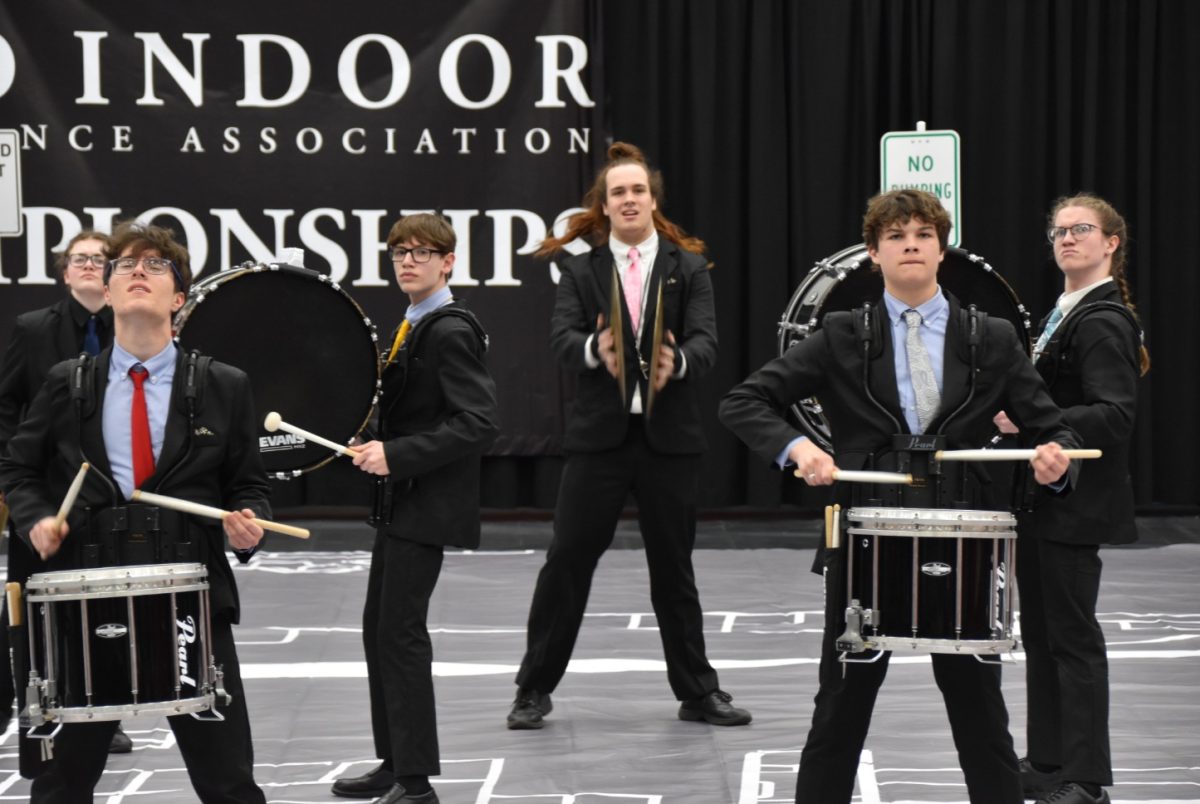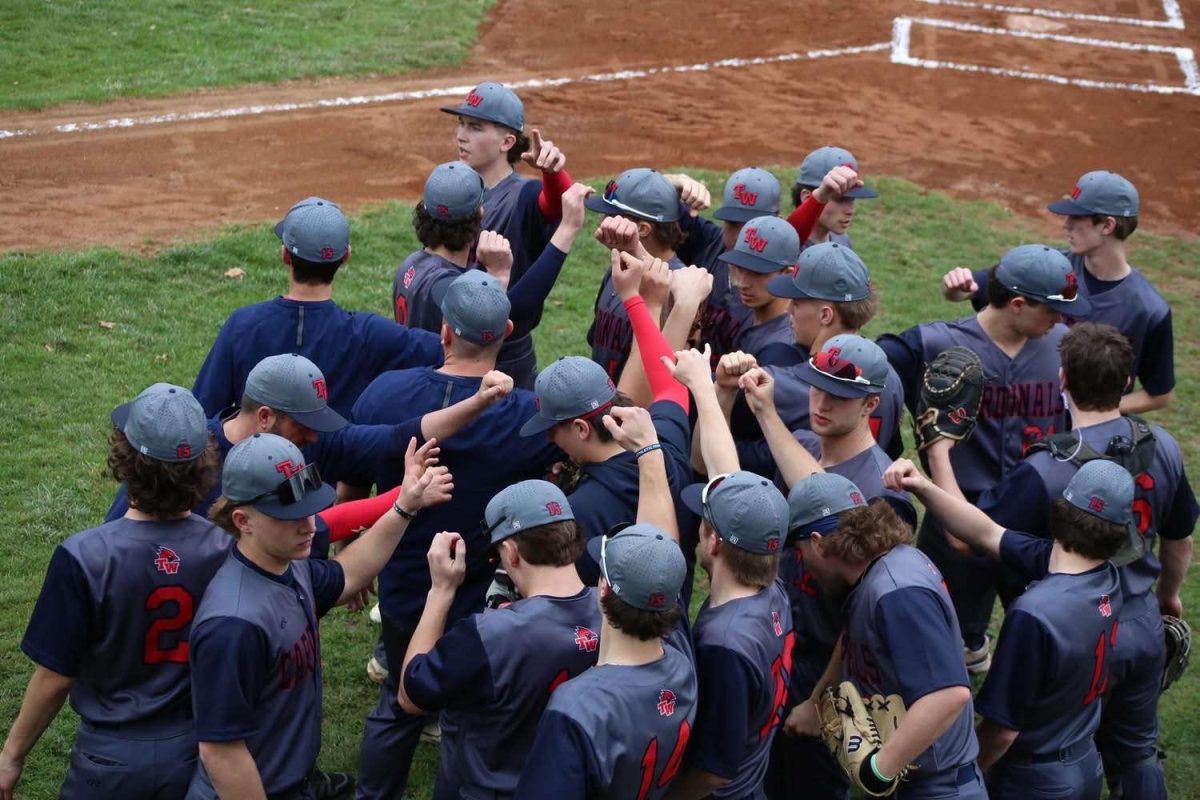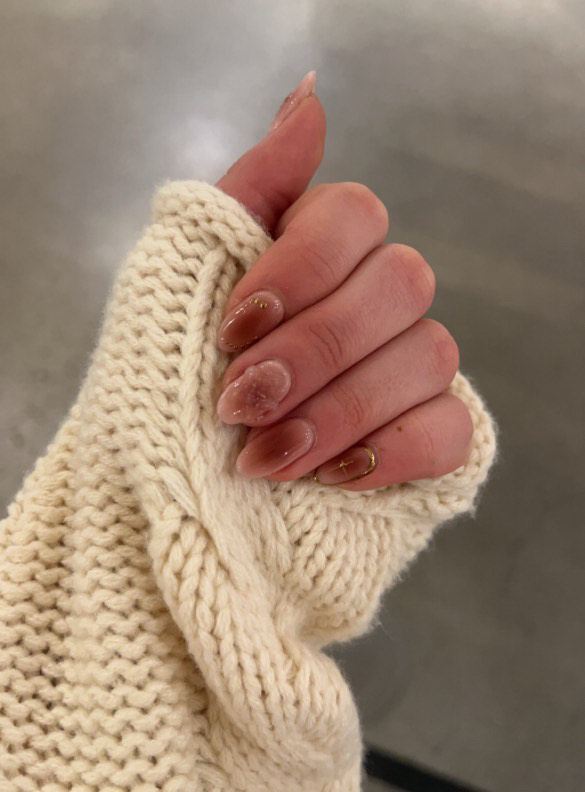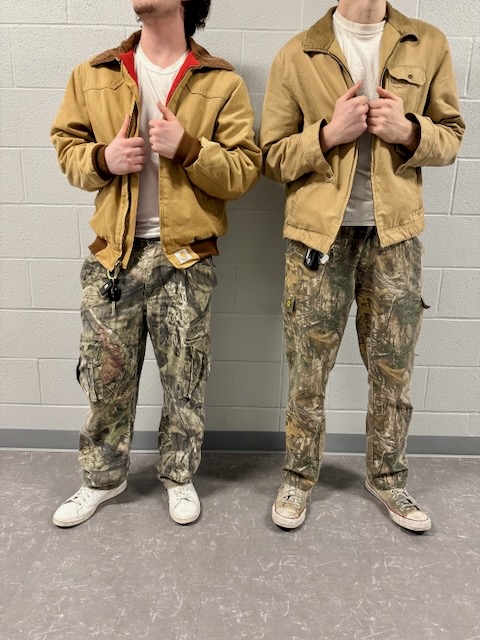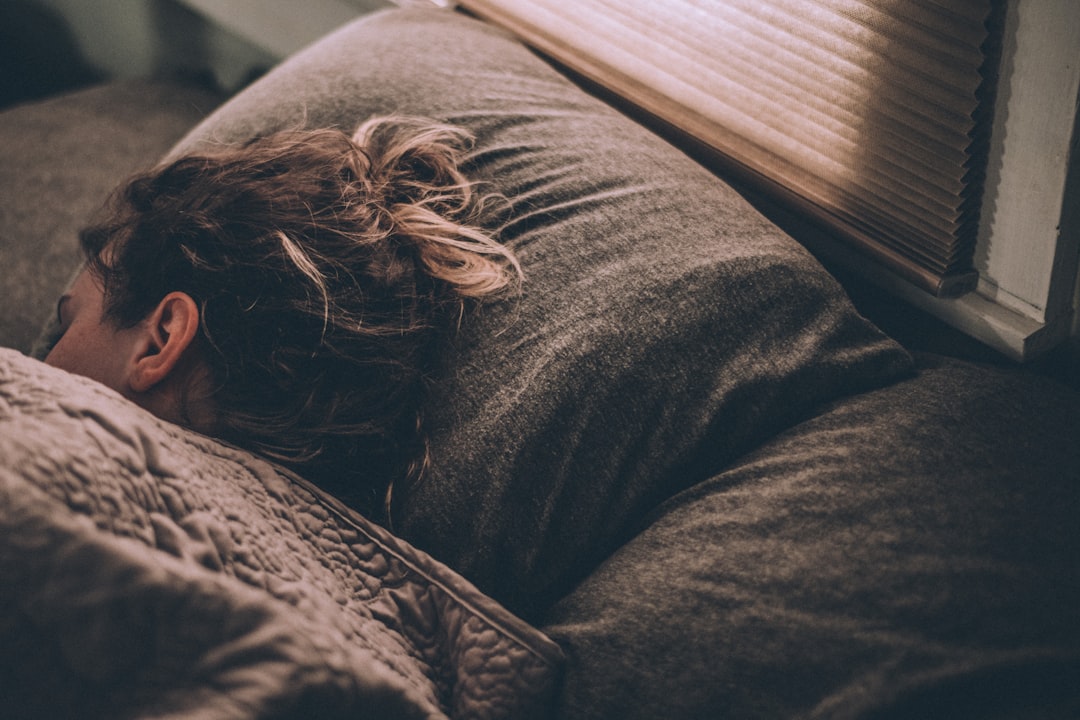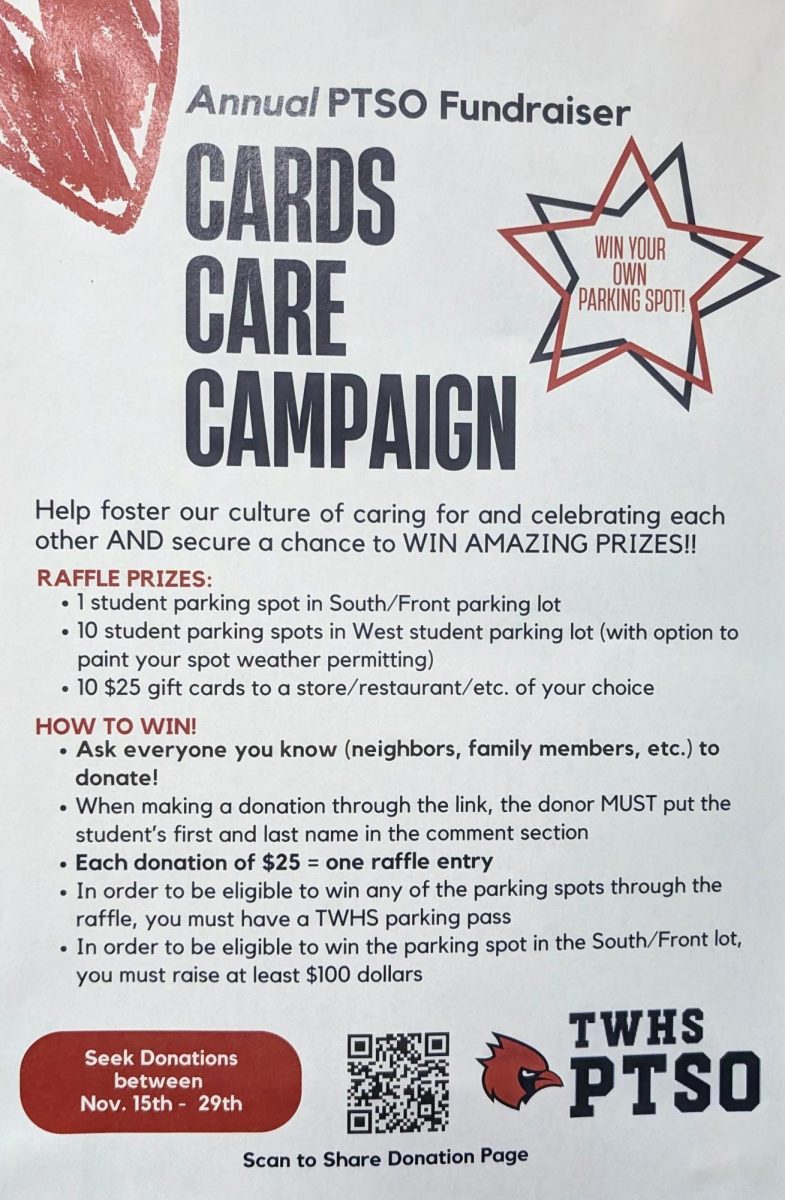Do you remember when the school start time was changed two years ago? High schools’ start time was moved almost an hour so that they start later than the elementary schools. This was partially because it is believed that high schoolers needed more sleep. But did they? Though the start time moved, high school sleeping habits might not have changed. But Google searches might not prove that.
According to sleepfoundation.org, teenagers should get eight to ten hours of sleep. For adults, which would include seniors here who turned eighteen, they should sleep for at least seven hours. Do high schoolers need this much sleep? Do they need more? Or can they feel good with less?
An anonymous junior partially proves the websites, she says she usually gets six to ten hours of sleep and needs seven hours of sleep. Several other eleventh graders’ sleep habits get close to the data, one explains she needs six hours of sleep and usually gets seven and a half. Another, Emily Grove, says she needs “at least eight hours” but gets five to eight hours of sleep. Lastly junior, Lily McAlister, said she gets five to eight hours like Grove and needs nine hours. The juniors show that high schoolers on average might need a bit less sleep than the websites said they did.
But there was an outlier. Eli Fenni, a senior, says he can get by on no sleep and usually gets four hours of sleep, which is about half of what most eleventh graders said they needed and got. Fenni said he got two and a half hours of sleep the night before. As for how Fenni felt with this sleep, he said that “the more sleep [he] gets, the more tired [he feels.]” Fenni also mentioned that he gets “an average of four hours [of sleep] per week.” How does Fenni get through school like this? Fenni takes half hour naps sometimes and also drinks coffee in second period.
Some juniors said they drink caffeine, too. McAlister drinks Diet Coke and sometimes gets “some type of energy drink from Dunkin’ Donuts.” Grove’s caffeine taste is more traditional. “I drink caffeine probably three times a week and it’s usually like coffee or an occasional energy drink,” she says. However, the anonymous juniors don’t drink caffeine. “I drink caffeine on like the rarest occasion and very small amounts,” one says.
Several students also notice differences in how they feel when they sleep differently. Grove, McAlister, and another junior say they feel “pretty tired” when they get the smaller amount of their sleep ranges. The other junior, though, says she “actually…[feels] pretty good” when she gets less sleep and “definitely more tired” with more sleep, much like Fenni. Another junior says she’s tired “if [she gets] too much sleep.” McAlister and Grove feel “more motivated” and “recharged” respectively when they get the high end of their sleep ranges.
While the juniors sleep in amounts close to the websites’ data, the variations from it as well as Fenni prove that the data isn’t applicable to all high school students. Some may need eight to ten hours of sleep, but others might need seven, like one of the juniors. While Fenni’s sleeping habits are an outlier, some students may even sleep in as small amounts as him and feel good. While the data is mostly good, students should get the amount of sleep they need based on how they feel.

